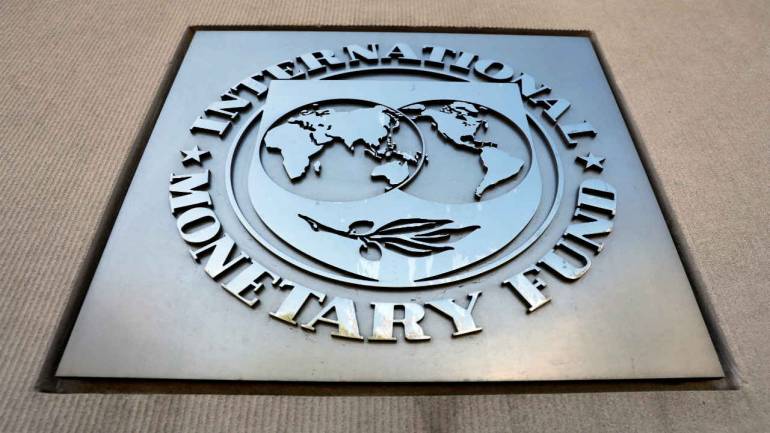The International Monetary Fund (IMF) has advised the government of Ghana to ensure that the country’s expected economic growth translates into an improvement in the livelihoods of the citizenry.
The Fund maintains that this could be achieved if the government ties its policies and programs with the aim of solving issues such as unemployment.
The Director of the African Department of the IMF, Abebe Aemro Selassie speaking to Citi FM stressed the need for the government to invest in developing the human capital as well as the health of the population.
He made the remarks at a Press briefing by the African Department of the IMF at the just ended Spring meetings in Washington DC.
“Continue to make sure that you invest in human capital, I think is very important. Investing in schools, investing in the health of the population I think really continues to be a very important driver, you know, to have people entering the job markets having the necessary skills, the necessary flexibility to be able to do the jobs of the future,†he said.
READ ALSO:
IMF cuts Sub-Saharan Africa’s 2019 growth forecast to 3.5 percentÂ
IMF exit: Sixteen IMF bailouts “doesn’t make sense†– Akufo-Addo
IMFÂ exit: Seth Terkper explains why going to IMF was a good thing
The Breton Woode Institution has projected that the economy of Ghana will grow by 8.8 percent by the end of 2019.
This, it says should make the country record the highest growth in Africa.
Mr. Abebe further impressed on the managers of the economy to eliminate all constraints that prevent the private sector in expanding and creating jobs.
“Tackling the constraints, the barriers to private investment will be very important. Making, you know, the thousands and thousands of informal companies. You know, finding ways for those companies to grow and enter into the formal sector. Removing barriers. Removing the burdens that they face in growing. Access to credit. All of those kind of micro-reforms are going to be very important for the job’s agenda in making sure that this growth is labor intensive enough and absorbing enough, you know, and creating enough jobs.â€
Commenting on the recent financial sector clean-up, Mr. Abebe Selassie lauded the central bank for the exercise.
He amongst others indicated that the move is necessary for an economy like Ghana which is a frontier market economy, moving toward emerging market status.
“I cannot stress enough how important having a healthy financial sector is. You know, banks that are robustly capitalized can, you know, are a source of strength for an economy and so that’s been the broad direction in which the financial sector clean up in Ghana has been going in. Where it has entailed some job losses of course, finding ways to minimize those will be important but I think that tends to be very bank specific issues.â€
Meanwhile the IMF Director is confident that the recent policies being rolled out to maintain fiscal discipline, may ultimately save Ghana from revisiting the Fund for assistance.
www.primenewsghana.com/Ghana News Credit: Citifmonline





